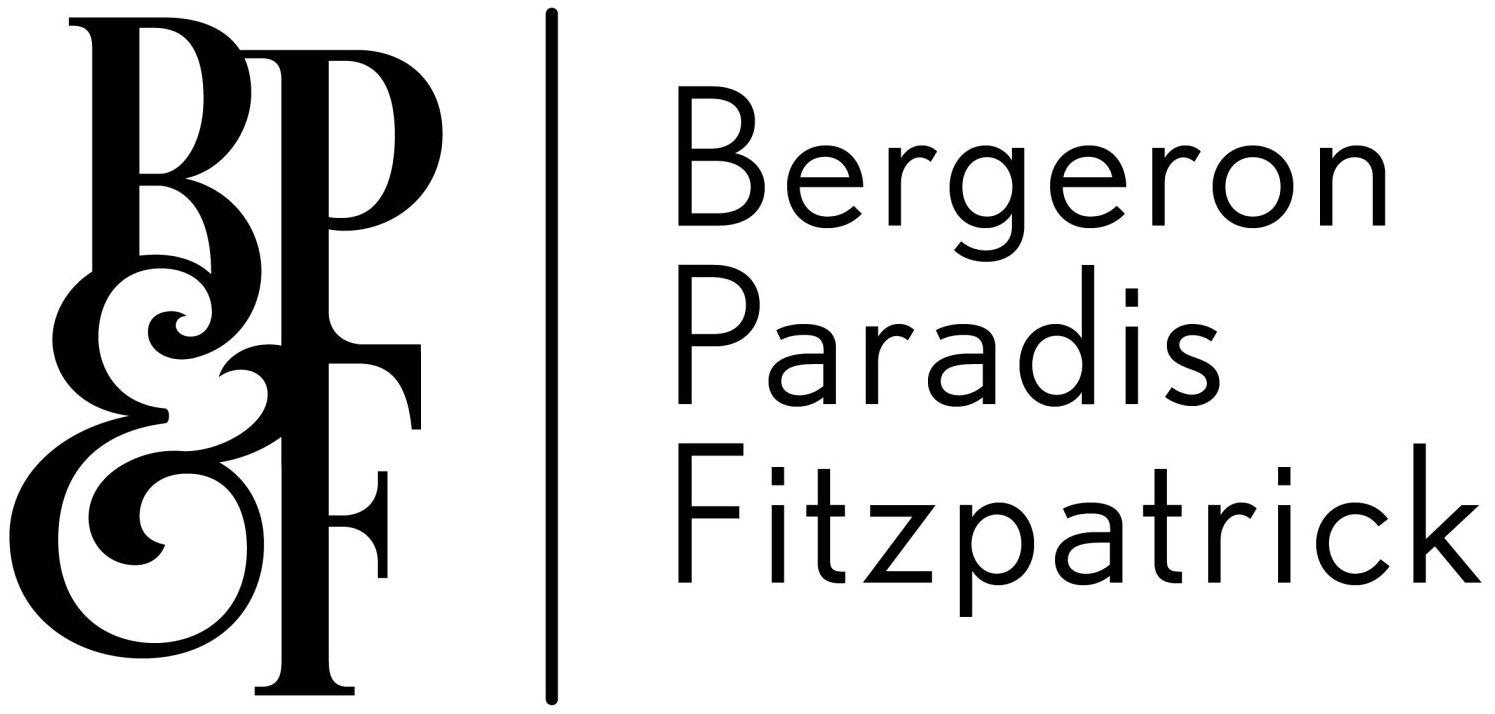There is a general misconception that estate planning is for the wealthy, but estate planning is absolutely not reserved for people with large “estates.” In legal terms, the word estate simply refers to your possessions, whether that happens to mean multiple properties and millions in investments, or a small home and checking account.
Estate planning creates a road map to ensure that your dignity and rights are protected if you become unable to make decisions on your own, and that your wishes are carried out after your death. Think of it as an umbrella term to describe your health care wishes, how you want your assets distributed upon your passing, and who you want to care for your children if you die before they turn 18.
Why an Estate Plan Is So Important
Even if you have minimal assets, estate planning can help you protect what you have, avoid disputes over your estate and provide clarity and direction for your loved ones. If you die without a will, state law will determine what happens to your assets and a judge will decide who should administer your estate. A will allows you to nominate a person you trust to handle your affairs.
Important Estate Planning Documents
Although the documents in your estate plan will depend largely on your unique circumstances, goals, and objectives, the following documents are commonly included in estate plans.
- Will — Outlines how you want your assets to be distributed, who you trust to manage your estate, and who you want to care for any minor children
- Advance directive - Outlines the type of medical treatments you want if you become incapacitated and unable to convey these wishes on your own. Establishes your wishes for end-of-life treatment, including if and when you wish to be kept on life support.
- Durable power of attorney — Names a person to make financial decisions on your behalf in the event you become incapacitated and unable to do so on your own
- Trust — Gives another party (trustee) the right to hold title to certain property / assets for the benefit of a beneficiary
The Risk of Dying Intestate
If you die without a will (called dying ‘intestate’), the probate court will name a representative to handle distribution of your assets. This will likely be a surviving spouse or close family member, if you have one. Otherwise, the job may be handed to an appointed attorney.
Regardless of who gets named as your representative, dying intestate may put your assets in legal limbo for an extended period, during which they are untouchable and no one can carry out your directives. Furthermore, the probate process can involve extensive paperwork and legal fees, which translates to significant costs. Your assets can be tied up for months or even years.
You can reduce this time and expense by drafting a will that names an executor of your estate, and ensuring that your investment and bank accounts all have accurate beneficiary designations.
Avoid Unnecessary Taxes
Although federal estate taxes only impact the very wealthy, state estate taxes are another matter. Vermont is one of 12 states and the District of Columbia that imposes a state estate tax. When a person dies in Vermont, estate taxes are assessed on and paid by their estate if the value of the gross estate exceeds the tax exemption. In 2021 the estate tax exemption was increased to five million dollars.
There are multiple ways to protect your assets from being slashed by federal and state estate taxes, including setting up trusts, establishing joint accounts, and making irrevocable gifts. A Vermont estate planning attorney can review your unique situation and help you determine how to proceed.
Name a Guardian for Minor Children
If you die while your children are young, who will take care of them? Without an estate plan, the probate court will appoint a legal guardian for you. This is typically a close family member, such as a grandparent. But if you don’t have close family, or don’t want any of these individuals to be named as guardian, you must choose someone else. Otherwise, you run the risk of the probate court choosing incorrectly, or even your child becoming a ward of the state and ending up in the foster care system.
Protect Your Rights and Dignity While Still Alive
If you become incapacitated and unable to make important financial and health care decisions on your own, who do you trust to make these decisions for you? With a durable power of attorney, you can name a trusted person to manage your financial and legal affairs, and with an advance directive, you can name a trusted person to make medical decisions on your behalf. Without these documents in place, your loved ones may be forced to seek a court-approved guardianship in order to protect you and your assets.
Contact a Vermont Estate Planning Lawyer Today
With proper estate planning, you can save time and money, avoid probate, avoid estate taxes, name a guardian for minor children, and ensure that your rights and dignity are protected during your lifetime. Estate planning isn’t reserved for the wealthy. At Bergeron, Paradis & Fitzpatrick, our experienced estate planning attorneys will work closely with you to create a plan that is tailored to your unique needs, goals, and objectives. Whether you need to update an estate plan or you’re starting from scratch, we can help. Contact Corey Wood, Esq. today for a confidential consultation and to learn more.


Designed by Clove Digital LLC

